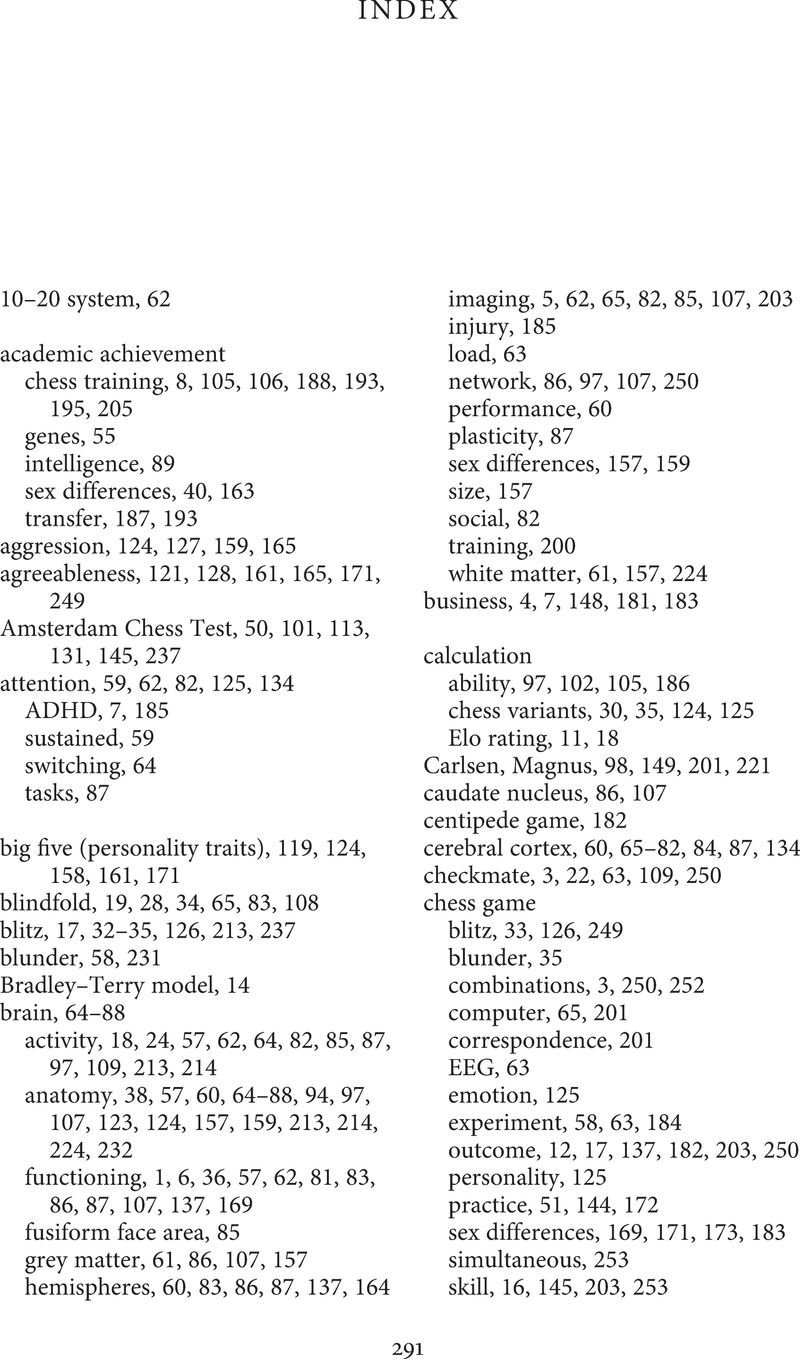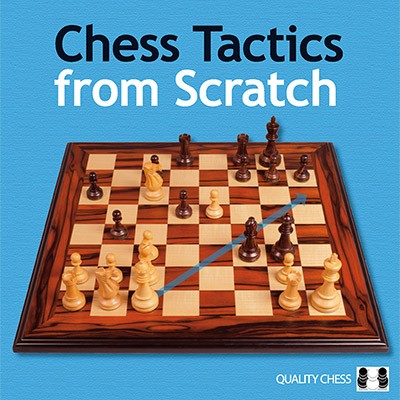

If you are trying to win in 20 moves, copy what’s in fashion among top-GM’s or memorize variations, you are wasting your time. Often your goals and ambitions will be misguided. But where do you start? The risk of drowning in the turbulent sea of opening theory is only too real for beginning amateurs. The depth and breadth of this book will therefore help players to appreciate chess at a more profound level, and make steps towards sustained and significant improvement.Įvery chess player needs to decide which openings he is going to play. Chess for Zebras offers fresh insights into human idiosyncrasies in all phases of the game. Readers are also equipped with a 'mental toolkit' that will enable them to handle many typical over-the-board situations with greater success, and avoid a variety of psychological pitfalls. He also takes a close look at the theories of two players who, in differing styles, have specialized in championing Black's cause: Mihai Suba and Andras Adorjan. For instance, he shows that in some cases a situation he calls 'Zugzwang Lite' can arise, where White finds himself lacking any constructive moves. Rowson presents many new ideas on how Black should best combat White's early initiative, and make use of the extra information that he gains as a result of moving second. This book assists all players in their efforts to improve, and provides fresh insights into the opening and early middlegame. Jonathan Rowson, author of the highly acclaimed Seven Deadly Chess Sins, investigates three questions important to all chess-players: 1) Why is it so difficult, especially for adult players, to improve? 2) What kinds of mental attitudes are needed to find good moves in different phases of the game? 3) Is White's alleged first-move advantage a myth, and does it make a difference whether you are playing Black or White? In a strikingly original work, Rowson makes use of his academic background in philosophy and psychology to answer these questions in an entertaining and instructive way. If you want to learn to win chess games from the opening, now is the time. As a result, you will learn to predict probable future moves based on what has been done in the past by the best to ever play the game. Learn From Games Played by Chess Grandmasters This book will also show you examples of opening theory put in practice by chess grandmasters throughout history which will help you understand the reasoning and analysis behind each move. Furthermore, it will help you develop your own playing style based on sound openings that have been analyzed and tested for centuries by the brightest minds to ever play the game. It will also give you all the information you need in order to know which opening to play under which circumstances. It covers 30 of the most popular chess openings in history and for each, it provides the following: * Move by move analysis of each opening * Chess diagrams to illustrate every single move and give you a visual representation of each position on the board * A list of advantages and disadvantages of each opening (for both players with white and black pieces) * MOST IMPORTANTLY: A move by move analysis of a grandmaster-level chess game where each opening was used In other words, this book will very simply teach you best opening practices and go over the ones you are most likely to encounter when playing the game.

Learn to Win Games From the Opening This book is the perfect guide for chess beginners wanting to learn about opening theory and improve the quality of their openings when playing the game. If you're only beginning to learn and play the game, most books on chess openings will be too intricate and lack the amount of detail required for you to fully understand opening theory.

However, opening theory is very broad and covers hundreds of possible variations.
#Chess for dummies pdf how to#
For centuries, some of the brightest minds in the game have analyzed the game and provided the world with tips on how to establish domination from just the first few moves. Centuries Worth of Opening Theory and Analysis The topic of chess openings is very theoretical.


 0 kommentar(er)
0 kommentar(er)
